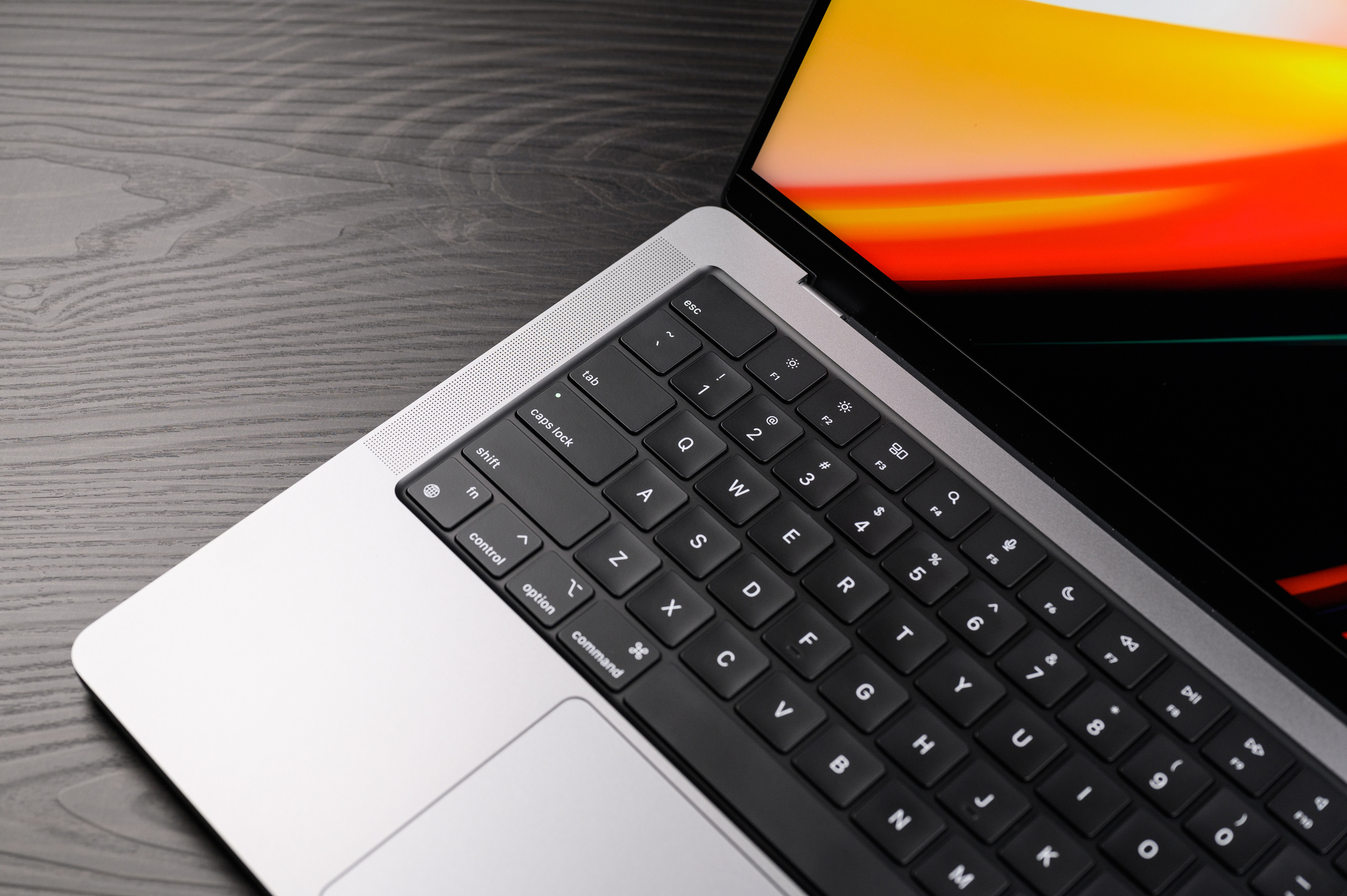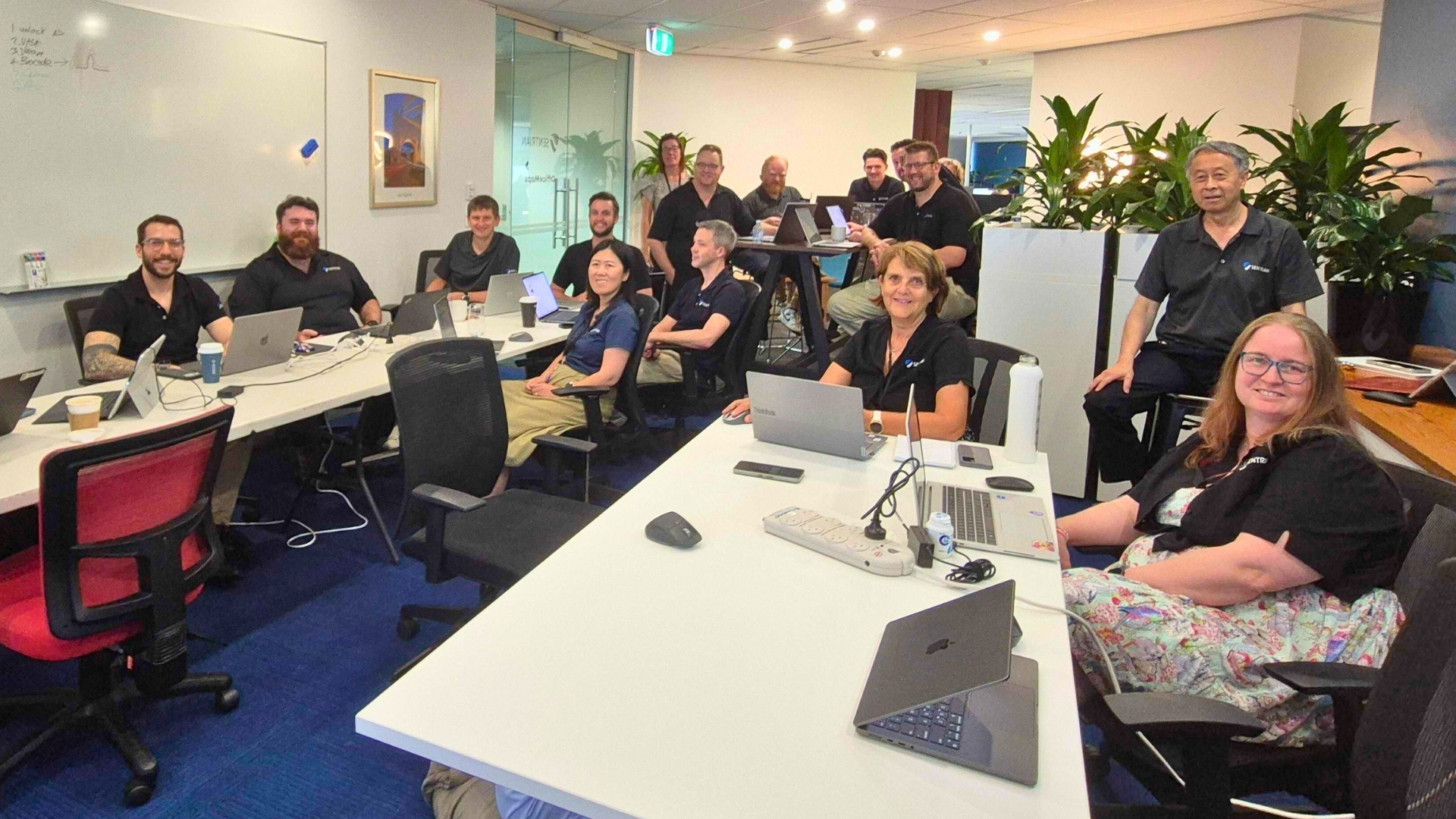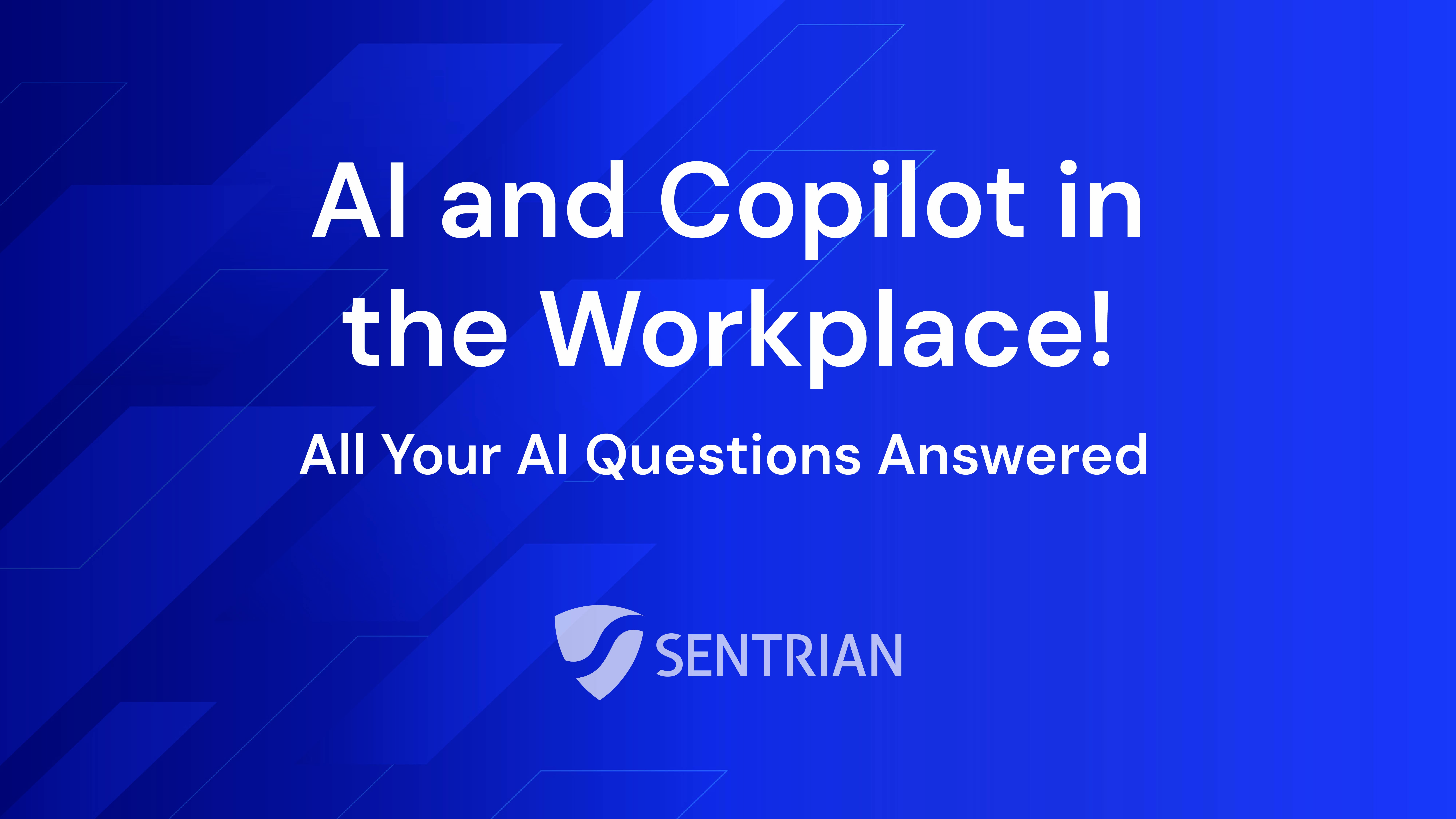Are you or your business about to purchase a new laptop? It's worth to check the type of storage it uses to make sure you get the upgrade you expect.
Your new laptop may be faster, or even slower, if the wrong type of storage is chosen. Sometimes the difference between a laptop's price and performance can be dramatic.
To get started, there are two types of storage drive categories for laptops:
- Solid State Drives (SSD); and
- Traditional, mechanical Hard Disk Drives (HDD).
Should I go for an SSD or HDD?
The short answer is: SSD.
SSDs offer a clear benefit: the laptop will load faster, and once logged in, it is ready to go. Traditional HDDs are often slow or have delayed responsiveness, even after the laptop appears to have fully logged in. SSDs are also lighter, quieter, and more suitable in portable devices.
Computer hardware is constantly going through revisions, improving year-on-year. While the statistics for new devices may appear fantastic, you may find daily usage of a new device is not all that different from an older device. More often than not, it feels like evolution rather than revolution.
Going from a traditional HDD to an SSD feels like a revolution in storage technology. This is recognised by many users saying they can't go back to traditional hard drives after moving to SSDs.
If you're confused why traditional hard drives have lingered, it is because of cost. HDDs have a cost-per-gigabyte ratio that has historically been significantly better than SSDs. However this has changed in recent years as the technology has matured. The SSD cost price for drives below 1TB (1000GB) has dropped enough that the cost difference is insignificant compared to the performance gain. Meaning HDDs remain the primary technology for pure data storage, while SSDs are being used to load operating systems (Windows, macOS) and applications (Office suite, web browsers, etc.).
Plus, HDDs have physical moving parts. This is naturally not ideal for portable devices. HDDs do have movement protection measures (have you heard a 'clicking' noise when moving your laptop around?) that attempt to secure the drives. But over time the constant movement can cause failures, they can literally grind to a halt. An issue SSDs avoid entirely.
What we recommend
SSDs are available in a variety of sizes and speeds.
Size is very important. Common sizes are 128GB, 256GB, 512GB and 1TB. Many look to small 128GB drives as an option because its cost is low. However we often hear feedback that these drives quickly reach capacity. Once Windows, Office and other applications are installed, that 128GB can have little left over. The only solution is to delete files, buy external storage, or try and upgrade the drive to a larger size.
For this reason we recommend laptops with an SSD with 256GB storage.
SSDs also have a number of different technologies that make some drives faster than others. For a standard user, you're unlikely to notice a difference between SSD types. Some laptops will advertise the SSD connection type, usually the basic SATA connection type or faster PCIE. You can generally assume the SSD type in a laptop is SATA, unless listed otherwise.
You can find out more about SSD technology and how they compare to HDDs at PCMagazine.
If you're considering a laptop or PC upgrade, please feel free to contact your Sentrian Client Services Manager for advice and a quote.


.png)




